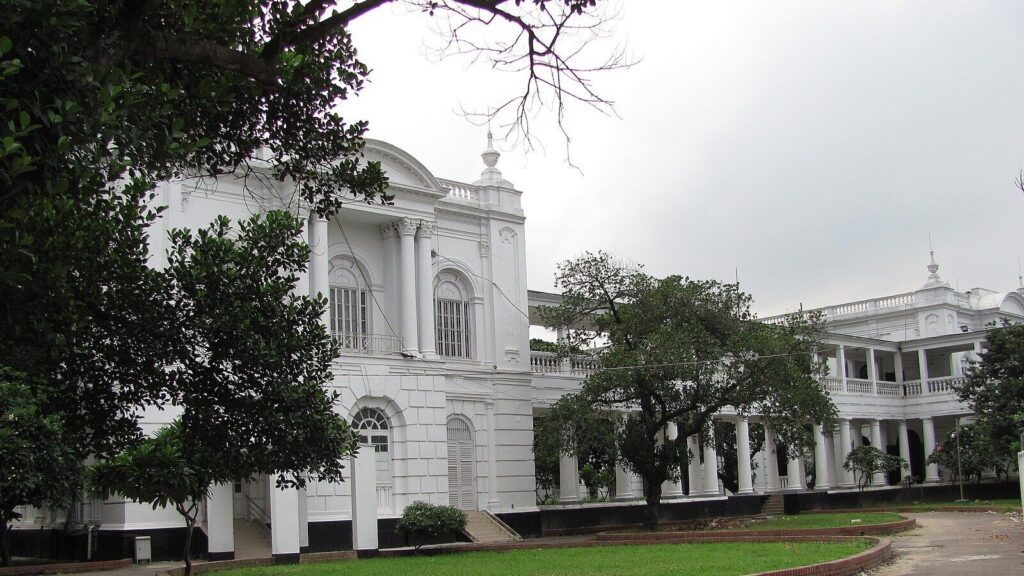Bangladeshi lawyer Ekhlas Uddin Bhuiyan has filed a writ petition in the Bangladesh High Court (HC) seeking a ban on Indian television channels broadcast in the country, as per an ANI report. The Dhaka Tribune first reported this development.
Filed on December 2, the petition cited growing concerns over the impact of Indian media on local society and culture. It asked why a rule instructing the ban should not be issued and sought action from the court under the country’s Cable Television Network Operation Act, 2006.
A hearing on the petition may take place in the HC with a bench comprising Justices Fatema Najib and Justice Sikder Mahmudur Razi.
The petition names the secretaries of the Information Ministry and the Home Ministry, as well as the Bangladesh Telecommunication Regulatory Commission (BTRC), and others, as respondents.
What Does The Writ Demand?
According to Dhaka Tribune, the writ calls for a ban on all Indian TV channels, including Republic Bangla, Star Jalsha, Star Plus, and Zee Bangla.
It alleges that provocative news aired on Indian channels and unregulated broadcasts of content opposing Bangladeshi culture are destroying the youth. It also alleged that these channels operate without adhering to any regulations.
Attacks on Minority Groups
Notably, Bangladesh has witnessed a surge in violent attacks against Hindus and other minority groups, prompting calls for greater protection and support, as per the ANI report.
It noted that Bangladesh has seen increased violence against minority communities, with temples being destroyed after the arrest of a former priest, Chinmoy Krishna Das, over sedition charges and the alleged hoisting of a saffron flag above Bangladesh’s national flag in Chittagong on October 25.
Tensions escalated further after a lawyer was killed during clashes between police and alleged followers of Das in the Chattogram Court Building area on November 27.
India has multiple times raised concerns regarding the Bangladesh situation and urged Bangladesh’s interim government to take steps to protect minorities.

